Babel by R.F. Kuang
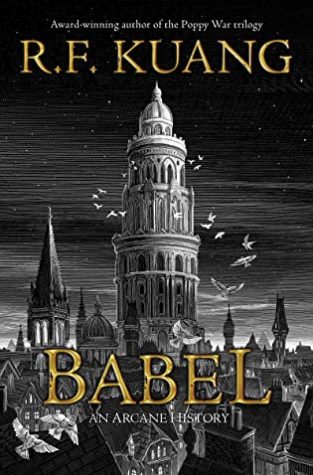 Babel, or The Necessity of Violence: An Arcane History of the Oxford Translators' Revolution by R.F. Kuang
Babel, or The Necessity of Violence: An Arcane History of the Oxford Translators' Revolution by R.F. Kuang Published by Harper Voyager on August 23, 2022
Genres: Fantasy, Historical Fiction
Pages: 545
Format: Hardcover
ISBN: 0063021420
Source: Bookstore
Goodreads

Traduttore, traditore: An act of translation is always an act of betrayal.
1828. Robin Swift, orphaned by cholera in Canton, is brought to London by the mysterious Professor Lovell. There, he trains for years in Latin, Ancient Greek, and Chinese, all in preparation for the day he'll enroll in Oxford University's prestigious Royal Institute of Translation — also known as Babel.
Babel is the world's center of translation and, more importantly, of silver-working: the art of manifesting the meaning lost in translation through enchanted silver bars, to magical effect. Silver-working has made the British Empire unparalleled in power, and Babel's research in foreign languages serves the Empire's quest to colonize everything it encounters.
Oxford, the city of dreaming spires, is a fairytale for Robin; a utopia dedicated to the pursuit of knowledge. But knowledge serves power, and for Robin, a Chinese boy raised in Britain, serving Babel inevitably means betraying his motherland. As his studies progress Robin finds himself caught between Babel and the shadowy Hermes Society, an organization dedicated to sabotaging the silver-working that supports imperial expansion. When Britain pursues an unjust war with China over silver and opium, Robin must decide: Can powerful institutions be changed from within, or does revolution always require violence? What is he willing to sacrifice to bring Babel down?
Babel — a thematic response to The Secret History and a tonal response to Jonathan Strange & Mr. Norrell — grapples with student revolutions, colonial resistance, and the use of translation as a tool of empire.
If you read nothing else this year, please read Babel.
I’m no writer and summarizing how I feel about this book, how it impacted me, and how incredibly awed I am by this written piece of literature, will be quite the undertaking. But I need you to know, because books like this are few and far between and we need more of them in people’s hands.
You may have seen this book around or you may have heard people talk about it online, but if you haven’t, I’m here to put it under your radar. There’s a lot of hype surrounding Kuang’s Babel and it is 100% deserving of it.
Babel is a dark academia novel set in Oxford in the 1830’s. We follow Robin Swift, who is brought to England from Canton by an Oxford Professor after his family died of cholera in 1828. The Professor takes Robin in as his guardian, providing him with all he needs to live comfortably under one condition: give his all to his studies of languages so that he could go to Oxford’s highly esteemed Royal Institute of Translation, otherwise known as Babel. There Robin will learn the magic of silver-working, which is the art of using words and translation engraved in silver bars to bring about a desired effect.
Babel is a love letter to languages, etymology, and words. If these tickle your fancy, you will love how much is dedicated to the craft of translation. Linguistics, after all, is its own kind of magic. The amount of time and research poured into this book is incredible. Not only with the translation side of things, but also with the history of Oxford in the 1830’s. Kuang’s writing is so immersive that every description of Oxford made it feel like I was truly there.
Babel reads like historical fiction with fantastical elements and I absolutely loved it. It also has one of the best found family/platonic relationships I’ve seen where love between friends were just as strong and important as romantic love we see in other books. I love Robin’s relationships with Ramy, Victoire, and Letty and I enjoyed experiencing Babel as they did – layer by layer, year by year. It reminded me so much of my college days and the ever growing demand of academia, with your cohort being the only people who truly understand what it’s like.
One thing united them all, without Babel they had nowhere in this country to go. They had been chosen for privileges they couldn’t have ever imagined, funded by powerful and wealthy men whose motives they didn’t understand and they were acutely aware these could be lost at any moment. That precariousness made them simultaneously bold and terrified. They had the keys to the kingdom. They did not want to give them back.
Babel takes a stick and prods the wounds gaping in our society. Colonialism, racism, misogyny, classism, the Us vs Them mentality, the need for belonging and what we’ll do to attain it, are the main themes explored in this book. As an immigrant woman of colour, there was so much I could relate to between the experiences of Robin, Ramy, and Victoire. What it was like to be different in a country that promised so much, wanting to belong but knowing you’ll never be one of them, yet doing all you can to use western behaviours like a cloak, covering what makes you different, hiding what makes you Other.
Kuang poses thought-provoking questions that cause us to look inward and reflect on how we see the world and those outside of our circles. I tabbed, annotated, and highlighted many pages of my book because there were simply too many moments that either resonated so much or discussion points I needed time to sit with and absorb.
At the crux of all this is the ramifications of colonialism and the importance of colonial resistance.
Babel collets foreign languages and foreign talent the same way it hoards silver and uses them to produce translation magic that benefits England and England only.
How much pain and suffering could you ignore from the other side of the world, simply because you profit from the spoils of colonialism? Kuang masterfully writes about the characters’ internal conflicts as they learn the truth and could no longer use ignorance as an excuse.
He could not bear how this confession would shatter the life they’d built for themselves. And because he himself could not resolve the contradiction of his willingness to thrive at Babel even as it became clearer, day by day, how obviously unjust were the foundations of its fortunes.
I could talk about Babel all day and would still have many points to talk about after. Robin’s character is so masterfully written that you’d be hard-pressed not to empathize with his struggles, confusion, yearning, and anger. Here is a character saved from death, brought to a country brimming with wealth and knowledge, raised in an environment where he wanted for nothing, and was privileged enough to go to the prestigious Royal Institute of Translation. Yet his utopia is shattered when he learns more and more how Babel acquires its wealth and what it truly costs for him to enjoy the life he lives. Robin goes through so much and changes throughout. There is nothing more I love than a character who is incredibly human and Robin was exactly that.
Babel truly takes ‘dark’ and ‘academia’ to heart. The fight against colonialism is met with vicious resistance that leaves no one unscathed. Babel is an ambitious standalone that somehow manages to tick all the boxes it set for itself.
That’s just what translation is, I think. That’s all speaking is. Listening to the other and trying to see past your own biases to glimpse what they’re trying to say. Showing yourself to the world, and hoping someone else understands.
It’s an astounding and harrowing book, one whose mark will stay with me for years and one I’ll come back to every time I recommend it.


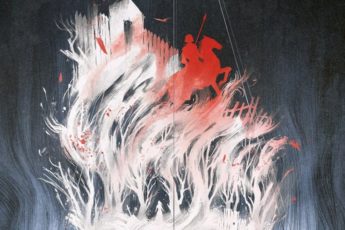
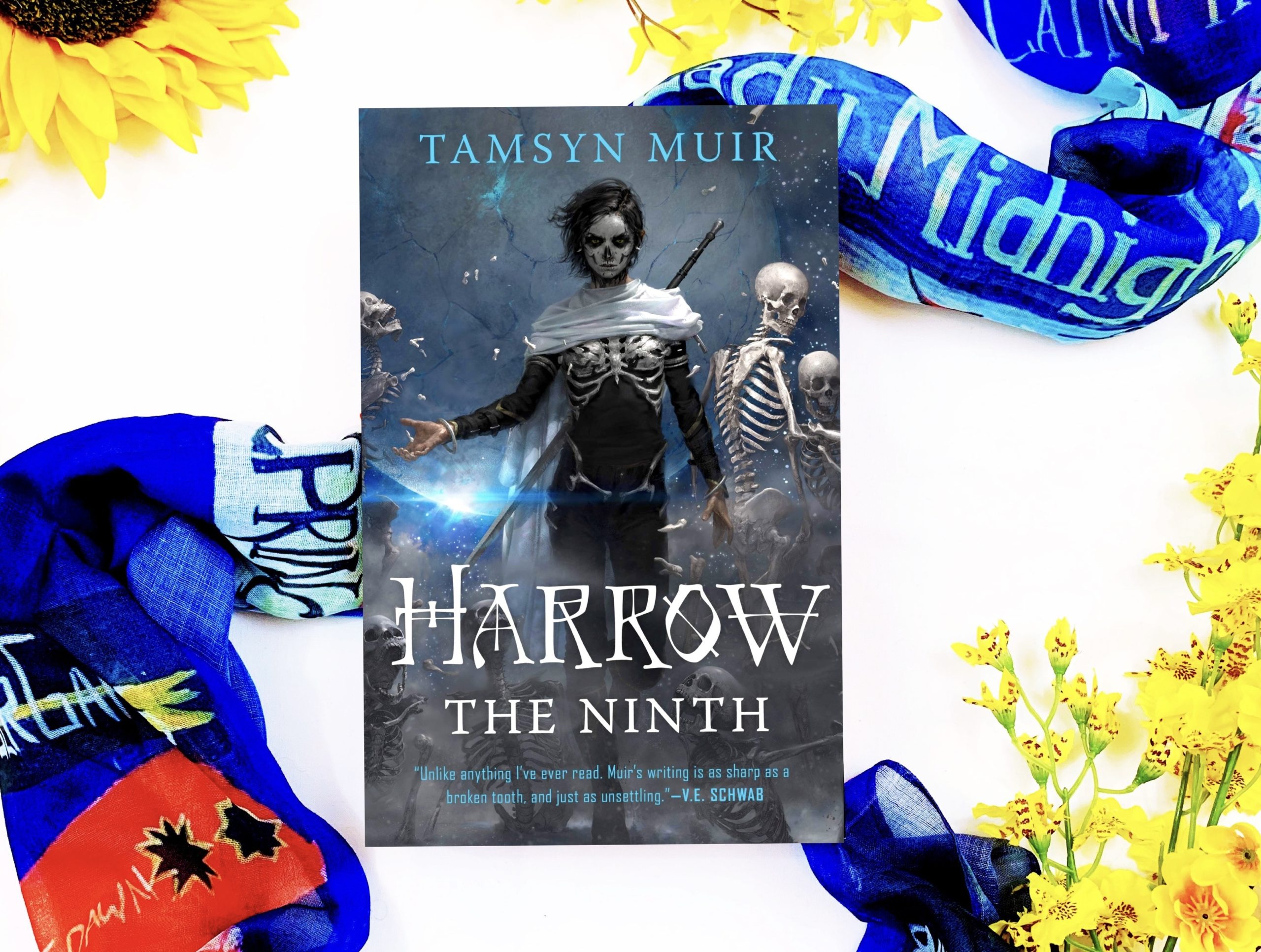




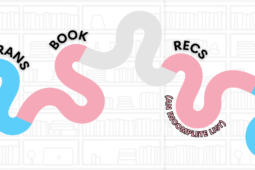
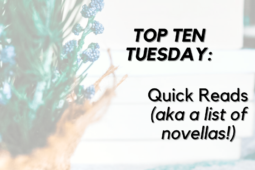


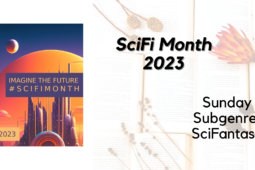
Leave a Comment